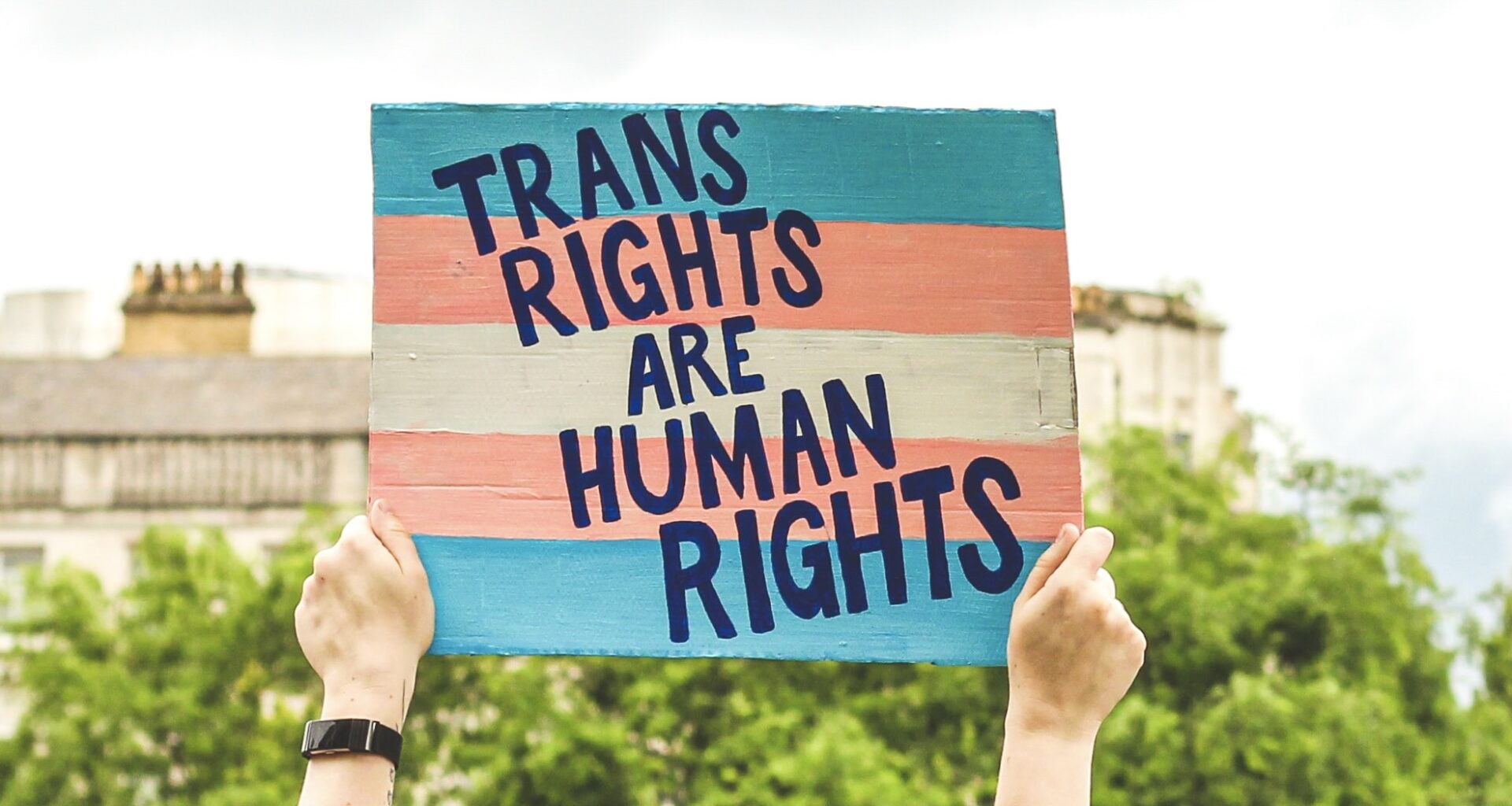UK Government blocks Scotland’s gender recognition reform
Scotland's First Minister, Nicola Sturgeon, described it as "a full-frontal attack on our democratically elected Scottish Parliament."

The UK Government has blocked Scotland’s gender reform legislation in an unprecedented move.
The reforms, passed by the Scottish Parliament in December, remove the need for a medical diagnosis to obtain a Gender Recognition Certificate (GRC)
On Monday (16 January) it was confirmed the government would block this from happening. It follows reports that the government might do so. It also follows concerns about Scotland’s bill expressed by Prime Minister, Rishi Sunak.
In a statement on Monday, the UK government’s Scotland Secretary, Alister Jack, said he had made the decision “after thorough and careful consideration of all the relevant advice and the policy implications.”
He continued: “I am concerned that this legislation would have an adverse impact on the operation of Great Britain-wide equalities legislation.”

He wrote that trans people “deserve our respect, support and understanding,” before expressing concern about the consequences Scotland’s bill will have across the UK when it comes to equalities legislation.
“I have concluded, therefore, that this is the necessary and correct course of action,” he added. He also said: “I have not taken this decision lightly.”
He finished by saying he hoped the UK and Scottish governments can work together to “find a constructive way forward” and suggested the idea of an amended version of the bill.
As reported by the BBC, Jack is set to take the legal steps on Tuesday (17 January). In his statement he confirmed he would use section 35 of the Scotland Act.
This allows the UK government to block bills if there is concern it will negatively impact laws made in Westminster. This is the first time section 35 has been used.
Responding to the announcement, Scotland’s First Minister, Nicola Sturgeon, described it as “a full-frontal attack on our democratically elected Scottish Parliament and its ability to make its own decisions.”
She said that she should fight the section 35 block despite saying there are no grounds for the UK government to challenge the bill.
Sturgeon had earlier said if the government blocked her government’s legislation it would be a way of using trans people as “a political weapon,” which she said would be “unconscionable.”
Sturgeon’s outrage was shared by her fellow Member of the Scottish Parliament, Social Justice Secretary Shona Robison, who said Monday’s statement showed a “contempt for devolution,” and that it was a “dark day for trans rights and a dark day for democracy in the UK.”
In a statement, the LGBTQ charity Stonewall said it was “saddened” by the UK government’s actions. Pointing to anti-trans abuse, hate crime, and bullying it said: “The UK government should be focused on developing and implementing a strategy that improves the lives of all LGBTQ+ people, including trans people, not causing them more harm.”
The statement called the blocking of the bill “out of step with the inclusive values of modern Britain.” It furthermore lambasted the UK government for using trans people as a “political football.”
“This is not governing with compassion,” it states. “These are not the actions of a government that can stand on the international stage as a credible defender of LGBTQ+ rights. We hope that the legal process concludes swiftly, and that governments of the UK focus their attention on positive strategies that support LGBTQ+ communities to thrive.”
Stonewall also point out that “trans people make up only 0.5% of our population, and trans men and women who can benefit from the Gender Recognition Reform Bill are only 0.2%.”
The Gender Recognition Reform Bill was passed in Scotland in December 2022 by 86 votes to 39.
Before applying for a gender recognition certificate (GRC), people would need to declare they’ve been living as their “acquired gender” for three months (six if they are 16 or 17), as opposed to the previous two years, and that they intend to live as their acquired gender. There would also be a three-month reflection period.
The age at which people can apply for a GRC would also be lowered from 18 to 16. The process for obtaining a GRC remains the same for trans people living in England, Wales, and Northern Ireland.
